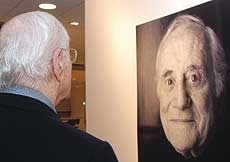BRAZIL
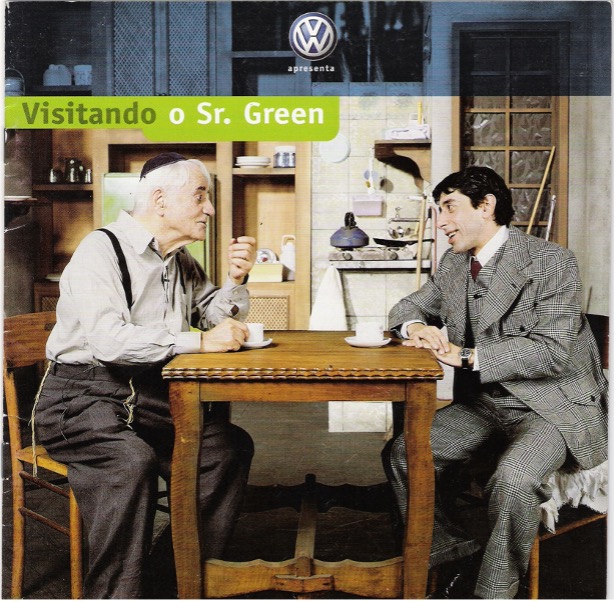
Visitando o Sr. Green has been one of the great successes in Brazilian theatre history, seen by hundreds of thousands of theatregoers over the past 22 years.
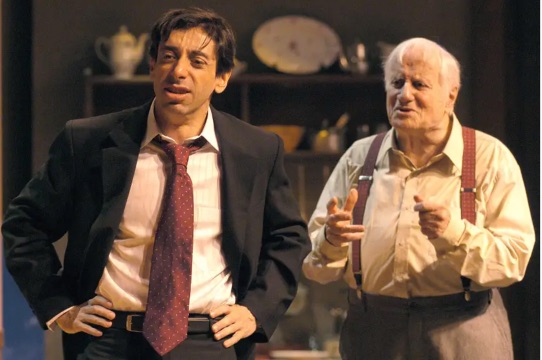
The original production opened in 2000, starring beloved actor Paulo Autran, who also did the translation. His co-star was Cássio Scapin, directed by Elias Andreato and produced by Alexandre Dórea Ribeiro.
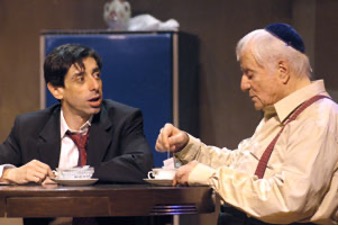
Visitando played for a year and a half in Sao Paulo, Rio de Janeiro, and on tour throughout Brazil. Paulo Autran won both the APCA and the Shell Best Actor award for his portrayal of Mr. Green.

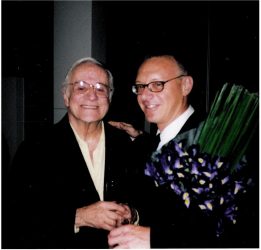
In 2005, a revival starring Paulo Autran and Cássio Scapin ran for another full year, including a tour of Portugal. The play continued co-starring Dan Stulbach.

During this time Paulo Autran and Jeff Baron also worked together on Jeff’s play Mother’s Day, which Paulo translated and directed in 2001.
Paulo Autran passed away in 2007.
In 2015, a new Brazilian production of Visitando o Sr. Green began.

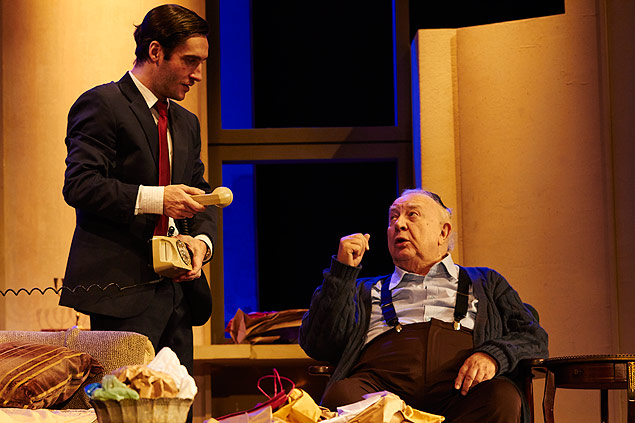
This time Visitando toured Brazil from 2015 to 2019.
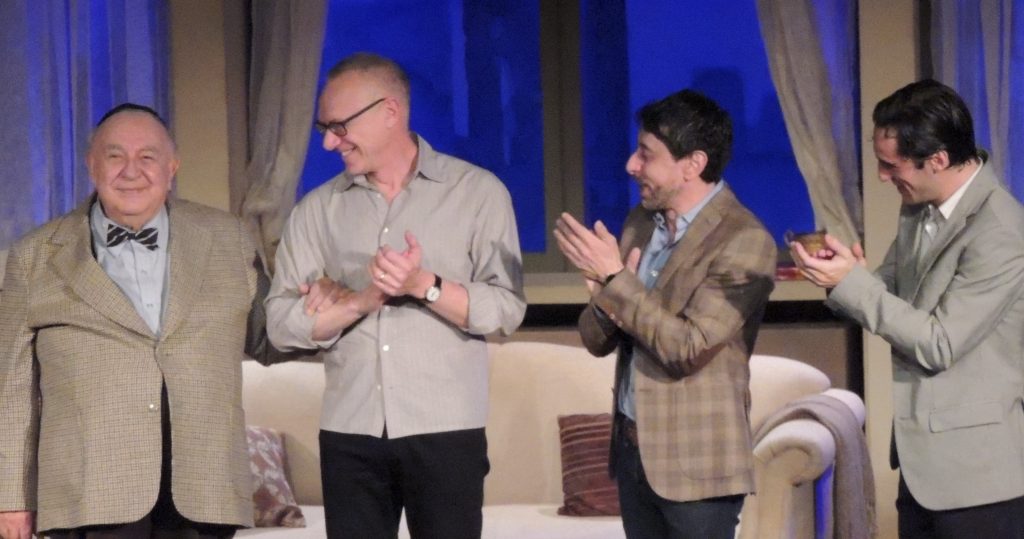
The Brazilian production of Visitando o Sr. Green was invited to be part of the 2019 Chekhov International Theatre Festival where it played to full houses and great acclaim in Moscow.
“A peça discorre sobre a relação entre as pessoas, o respeito pelas idéias dos outros. Embora não concordemos sempre, temos que aceitá-las. Não podemos brigar com as pessoas porque são de um jeito ou de outro, porque têm uma ou outra religião. Temos que ser tolerantes. Depois que você assiste à peça, sai com vontade de perdoar, de compreender, de se dar bem com os outros. É uma das razões do sucesso dela”
PAULO AUTRAN, 2000
“The play is about the relationship between people, respecting the ideas of others. Even though we don’t always agree, we have to accept them. We cannot fight with people because they are one way or another, because they have one religion or another. We have to be tolerant. After you watch the play, you leave with the will to forgive, to understand, to get along with others. This is one of the reasons for its success.”
PAULO AUTRAN, 2000
